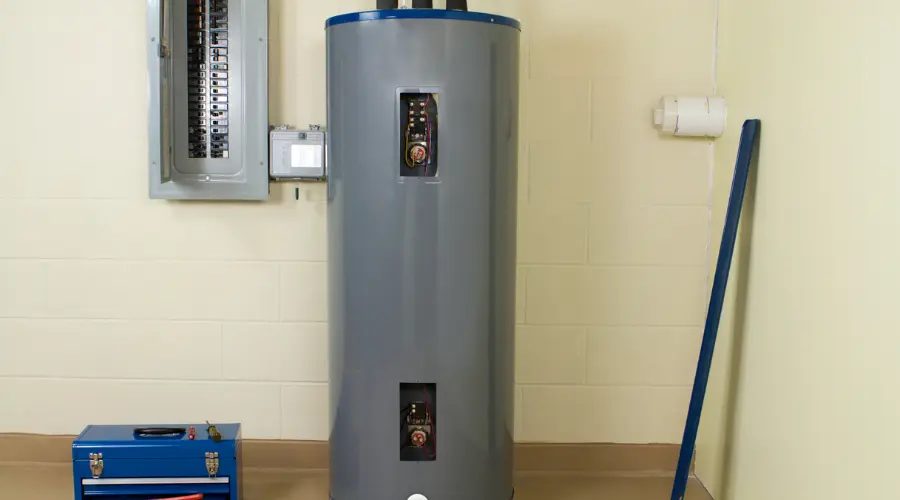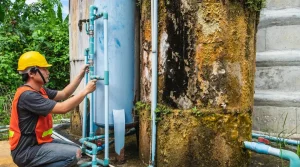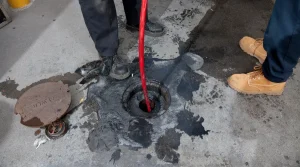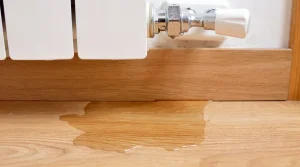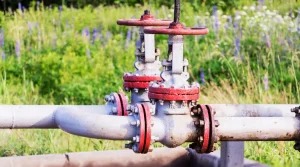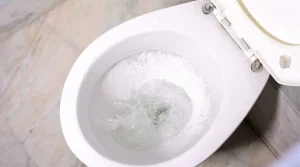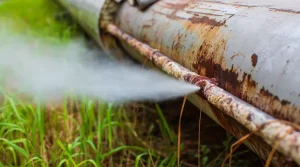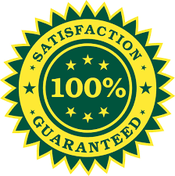Key Takeaway:
- When selecting a water heater, it’s crucial to consider various factors including energy efficiency, initial and long-term costs, available space, and your household’s hot water needs.
- Tankless water heaters are renowned for their high energy efficiency because they heat water only when needed, reducing energy waste. However, traditional storage tank heaters are more budget-friendly upfront. For eco-conscious homeowners, heat pump and solar water heaters are appealing options due to their low environmental impact, though they come with higher installation costs but offer significant long-term savings.
What Style of Water Heater is Most Efficient?
The most energy-efficient style is the tankless water heater. Unlike traditional units that keep a large reservoir of hot water heated continuously, tankless models heat water on demand, which drastically reduces energy waste. This “on-demand” heating method not only conserves energy but also results in lower utility bills. Furthermore, tankless heaters are perfect for homes aiming to minimize their carbon footprint while ensuring a constant supply of hot water.
From Leaks to Clogs, North Bergen Plumbers Has You Covered – Schedule Your Service Now
The Pros and Cons of Different Types of Water Heaters
1. Storage Tank Water Heater
Pros:
- Lower Upfront Cost: Generally cheaper to buy and install compared to other types.
- Simple Installation: Easily integrates into most existing home systems with minimal modifications.
- Reliable Hot Water Supply: Maintains a large reservoir of hot water, suitable for households with high usage.
Cons:
- Less Energy Efficient: Experiences standby heat loss as water is kept hot continuously.
- Larger Footprint: Requires ample space for the tank and associated connections.
- Shorter Lifespan: Typically lasts 10–15 years before needing replacement.
2. Tankless Water Heater
Pros:
- High Energy Efficiency: Heats water only as needed, reducing overall energy consumption.
- Endless Hot Water: Provides a continuous supply as long as demand does not exceed capacity.
- Compact Size: Takes up less space, making it ideal for smaller homes or limited storage areas.
Cons:
- Higher Upfront Cost: More expensive initially to purchase and install, though savings accrue over time.
- Simultaneous Demand Issues: May struggle to provide hot water for multiple fixtures at once.
- Maintenance Requirements: Needs regular descaling and upkeep, particularly in areas with hard water.
3. Heat Pump Water Heater (Hybrid)
Pros:
- Extremely Energy Efficient: Uses ambient air to heat water, potentially reducing electricity use by up to 60%.
- Longer Lifespan: Typically lasts 15–20 years, longer than traditional electric water heaters.
- Lower Operating Costs: Despite higher initial costs, substantial savings on energy bills over time.
Cons:
- Higher Upfront Cost: Installation costs are higher, and these units often need specific placement.
- Performance Varies by Climate: Less effective in colder climates as they rely on ambient heat.
- Requires Space: Needs adequate space for airflow and may require additional room for installation.
4. Solar Water Heater
Pros:
- Most Eco-Friendly Option: Utilizes renewable solar energy, reducing energy bills and your home’s carbon footprint.
- Ideal for Sunny Climates: Highly effective in areas with abundant sunlight throughout the year.
Cons:
- High Installation Cost: Requires solar panels and a storage system, leading to significant initial expenses.
- Weather Dependent: Performance can drop during cloudy or rainy days, necessitating a backup heating system.
- Requires Maintenance: Regular upkeep is needed to ensure optimal performance of solar panels and the system.
5. Condensing Water Heater
Pros:
- Highly Efficient for Gas Homes: Uses waste heat from exhaust gases to preheat water, maximizing energy use.
- Lower Long-Term Operating Costs: More efficient than traditional gas heaters, reducing utility bills over time.
Cons:
- Higher Initial Cost: Generally more expensive than conventional gas heaters.
- Requires More Space: Often bulkier and may need additional room for venting and installation.
- Limited to Gas Homes: Only suitable for homes with natural gas hookups.
How to Choose Between Different Types of Water Heaters
When selecting the right water heater for your home, consider:
Water Usage: Assess your household’s daily hot water needs. Storage tank heaters are suitable for high-demand households, while tankless heaters work well for smaller homes or moderate usage.
Climate: Heat pump water heaters are beneficial in warmer climates, while solar heaters excel in sunny areas. In colder regions, traditional storage or tankless heaters might be more effective.
Space Availability: Limited space calls for compact models like tankless or condensing units. Storage tanks and heat pumps typically require more room.
Energy Efficiency Goals: For significant energy savings, tankless, heat pump, and solar heaters are excellent choices. Despite higher upfront costs, they offer substantial long-term savings.
Budget: Consider both initial costs and long-term savings. While storage tanks are cheaper to install, tankless, heat pump, and solar systems may lead to lower energy bills and greater cost-effectiveness over time.
Not sure if it’s time to repair or replace your water heater? Let our experts help
Final Thoughts
By evaluating your home’s specific needs, daily water usage patterns, and energy efficiency priorities, you can make an informed decision that balances costs, space, and performance.

